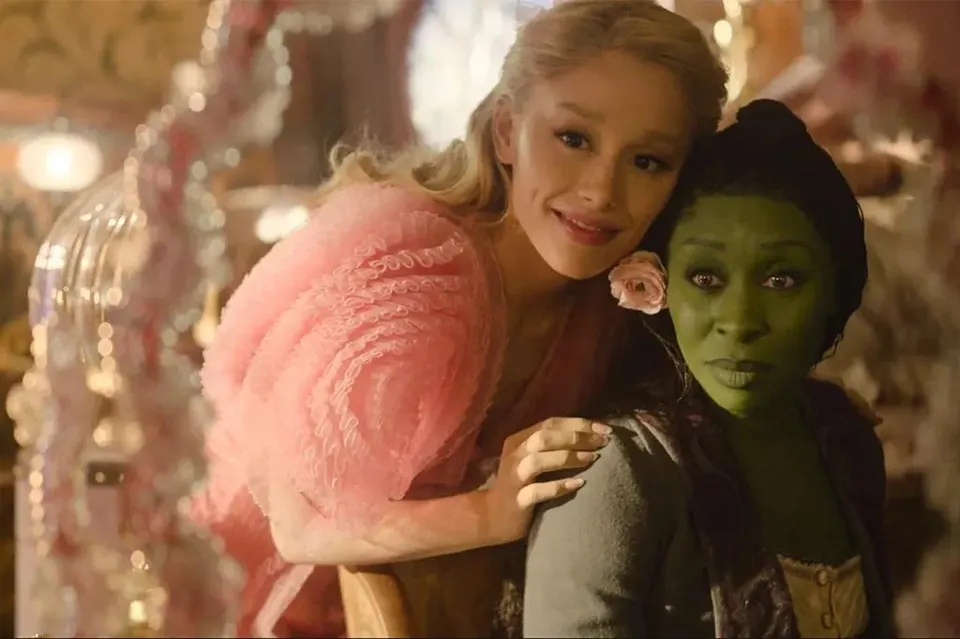In concern to retrospective whim, a thought infiltrated my consciousness: a lot of the films of the summer passed me by as I busied myself with work and leisure. Generally. Netflix or theatre were not as conspicuous to me as they are to others. Other facets of entertainment, shows or spending time with friends, aroused my attention more so than the aforementioned activities. There were some notable exceptions: an attempt at sitting

through the new animation Kubo and The Two Strings (2016) which resulted in leaving halfway through due to its callousness; a viewing of Brazilian contemporary indie film The Way He Looks (2014) which centered around a blind and gay protagonist that makes his trek through adolescence; a rewatching of Whiplash (2014) a captivation that beguiled me with Miles Teller, a jazz drummer, being taught and abused by J.K. Simmons; and some other non-contemporary cult classics (Mystery Train, Wings of Desire). The films of this past summer genuinely eluded me. There was one however, that upheld my consideration. My friend Andres made a point one evening to show me the trailer for the upcoming Daniel Radcliffe movie, Swiss Army Man. It conveyed Paul Dano (12 Years a Slave) riding and using a pallid semi-corpse Daniel Radcliffe as if he were a multi-purpose tool. We were both stricken by its seemingly comical plight and made a point to go see it, which never came about. This past Saturday, I delved into the juvenile picture and afterwards deemed it “The Blunder that Began the Summer”.
Isolation on a deserted island coerces Paul Dano to attempt suicide at the very inception of the anticipated film. As he continues to breathe after his attempted hanging, a glimpse of a far-off body holds his attention. This triviality continues when this body begins to pass flatulence and propel itself as though it were a motorboat, Radcliffe’s butt a motor. They fall apart in sea and wash ashore, where Dano’s character, Hank, wills himself to talk, yell, and move the body of Radcliffe’s character, Manny. He resorts to fundamentalist inquiries due to the fact that he seems to exist in some half-alive and half-deceased state. The abstraction of love, the physical realities of sex with amateurish tinges, the methods in which to survive, proper manners, public transportation, what crying is, any and all sentiments known to human, and creativity are breathed into Radcliffe. Simultaneously, Hank discovers Manny is of use to him, to achieve the somewhat attainable survival that Hank desires immensely. He can chop, shoot, navigate, and act as a boat among other things, and now due to Hank, he can love and feel. A pivotal spike in the fable is when Manny becomes fixated on the girl on the screen of Hank’s phone. The phone dies, so Hank resolves to dress up as the girl and falsely dine with Manny so he learns communicate accordingly with the opposite sex. This is also the reason why they return to civilization from the forest where the majority of the story is set. The love interest also prompts an engrossing and thought-provoking finale, which connects to the beginning of the movie, revolving the plot in a full circle.
My critiques extend laboriously with this movie. It leaves the watcher afflicted with a plethora of combinations of emotions. A paramount downfall, seen by many as the trademark oddity of the story, has to be how the humor unfolds and coalesces. Dano has slight difficulties articulating basic human traits and social normalities to Radcliffe; his attempts are supposed to come off as charming and humorously childish, but this completely alienates me with frustration. I felt as though I could not bear his displays as a woman to teach Hank how to date. More facets of this romanticized quirkiness comes in the score, whose songs are just as peevish as the content of the story. To view the plot as a whole, the entire ideology of the “swiss army man” is unoriginal. The whole comedy felt contrived. Furthermore, I took issue with the ending. When they returned to land, Hank returned to the way in which he was found, lifeless and emotionless. At the end of the story, I felt vapid and uninspired. Daniel Khan and Daniel Scheinert created an anomaly of a tale; however, I didn’t connect emotionally to the story at all. “The Blunder that Began the Summer” left me exasperated, not entertained.



























